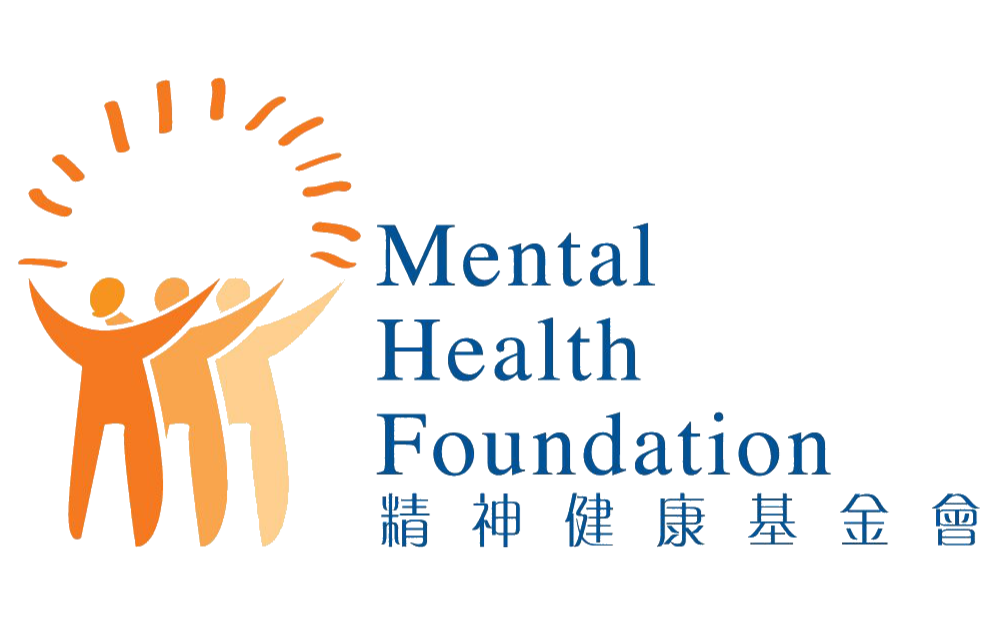It is well known that “early to bed and early to rise” is good for health. However, it is easier said than done. Usually, when it’s time to go to bed, I can’t fall asleep. As a result, it is difficult to get up the next day. Even if I wake up reluctantly at last, it always seems like I haven’t woken up. And I have to bring cups and cups of coffee until my heart palpitates and my hands tremble. Eventually, I take sleeping pills every night to fall asleep. It is a vicious circle. How can I get out of it?
There is a way out, and it is natural and free. It is to make good use of light.
Have you ever thought about how the human brain knows to sleep at night and to work attentively during the day? There is an inner clock inside our heads. This clock is adjusted based on how the retina of the eyes is exposed to light. Often, when our eyes are exposed to too much artificial light at night, such as the blue light emitted by mobile phones or tablets, we do not feel sleepy. Blue light inhibits the release of melatonin in the brain, and melatonin tells the brain to sleep.
About 2 hours before the usual bedtime and about 1 hour after the wake-up time in the morning, the clock in our brain is particularly sensitive to light. Therefore, if you want to feel sleepy at night, fall asleep early, and get up early, two hours before going to sleep, you should avoid eye contact with the glowing screen. Then when you wake up in the morning, expose yourself to more sunlight, especially within the first hour. Even if we can’t go to the park for morning exercise, we should try our best to stay outside and let our eyes come into contact with sunlight. One feasible way is to allow yourself to walk under the sun for a while, exposing yourself to more sunlight during the golden period of adjusting your circadian rhythm. One way to do it is to get off/on the bus or subway station one stop earlier.
Research found that exposure to more sunlight makes people sleep earlier at night, improves the quality of their sleep, helps them sleep more deeply, and makes them more energetic during the day. In addition, morning exposure to sunlight can also improve mood. It is because sunlight enhances the transmission of serotonin in the brain. Serotonin is the brain chemical that regulates mood. We feel better after getting more sunlight.
Many people have to continue working at home in the evening. They are inevitably exposed to artificial light before going to bed. Even so, there is a solution: choose the light that has less impact on sleep. Blue light is the most disruptive to sleep, while yellow and orange light has less impact on the circadian clock. Therefore, if you have to turn on the light to work at night, choose a dimmer yellow or orange light.
Today, let’s intelligently adjust the amount and type of light coming into contact with our eyes during the day and at night, following the rhythm of Nature’s day and night changes. As a result, you will sleep well at night and enjoy a good spirit in the morning.
For more information about mental health, please visit Mental Health Foundation Information Platform
Special Thanks
Jebsen Group Charitable Fund, Sponsor
Dr. William Chui, Psychiatrist


